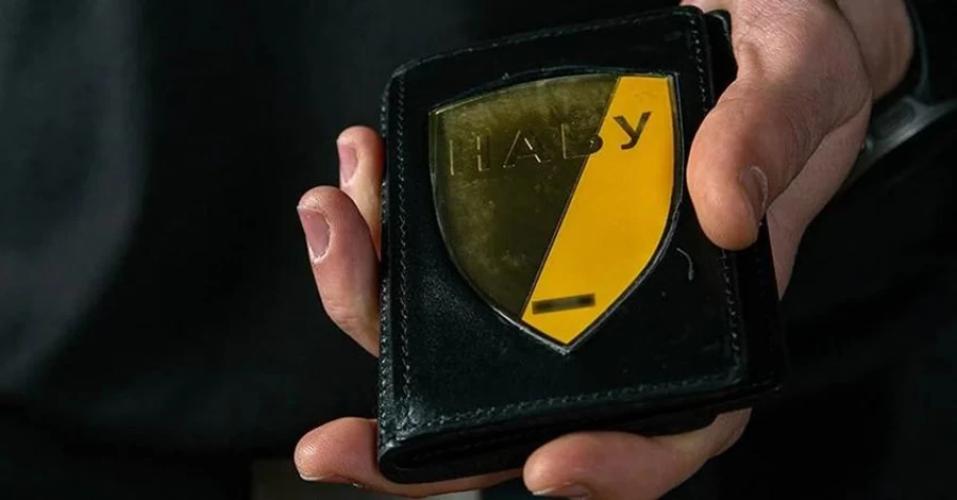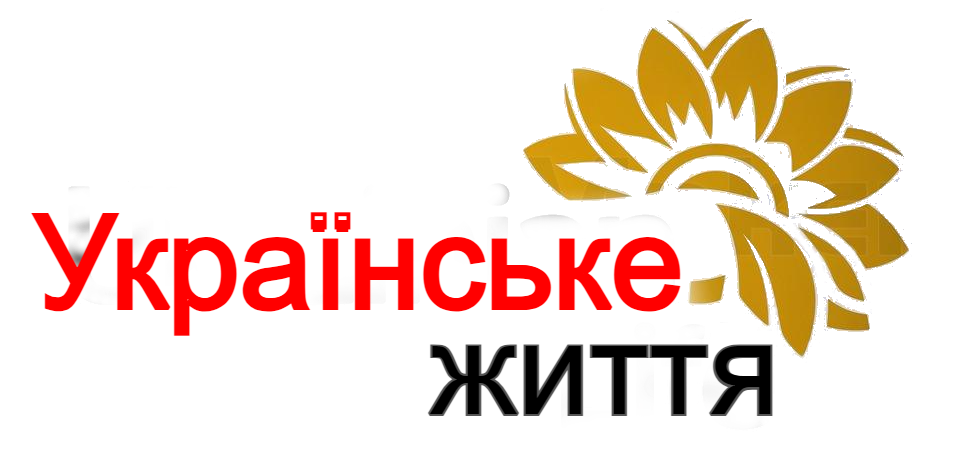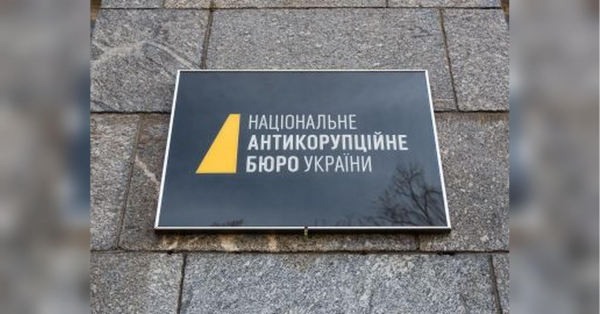
Photo: NABU
A clash of giants: the SBU and the UCP versus the NABU and the SAPO. Over the course of two days, events unfolded with astonishing speed: searches, allegations, arrests, revelations, and a flood of press statements. And as the final touch – the law passed by lawmakers, which is considered the ultimate blow to the anti-corruption campaign in Ukraine. The agencies established to limit the greed of high-ranking officials have, in fact, become beholden to them. Experts evaluated the significant occurrences for Korotko .
The covert operations of security agencies and the “everything is lost” law
The controversy ignited with a morning raid at the National Anti-Corruption Bureau by agents from the Security Service of Ukraine and the Prosecutor General's Office on Monday, July 21. It was revealed that nearly twenty NABU staff members underwent searches around 80 times. Serious allegations were raised against Ruslan Maghamedrasulov, the head of the NABU detective department for the Dnipropetrovsk and Zaporizhzhia regions – he is suspected of assisting an aggressor nation (facilitating the shipment of technical hemp to Russia, cultivated by the detective's father) and having connections with former People's Deputy from the People's Party of Ukraine Fedor Khrystenko, who was reportedly recruited by the FSB.
The SBU also announced the discovery of a “mole” within NABU, allegedly managed from Crimea by a deputy of Yanukovych's security chief. It was later disclosed that this referred to Viktor Gusarov, a member of the disbanded “D-2” unit, who was documented in at least 60 instances of leaking restricted information to adversaries. On Tuesday, the court ordered his detention without bail.
Meanwhile, at the SAPO – Specialized Anti-Corruption Prosecutor's Office – SBU agents inspected the safeguarding of state secrets, leading to special prosecutors accusing the security service of attempting to seize confidential materials to undermine ongoing investigations by the NABU and SAPO.
As anticipated, NABU provided an explanation for the events and brought out their “heavy artillery” – announcing the conclusion of an investigation against the head of the SBU's National Statehood Protection Department and two other individuals who demanded $300,000 to terminate the case concerning the illegal transport of military conscripts abroad. They asserted that this was the catalyst for the “raid”.
Concurrently, members of the active civic community expressed outrage that NABU and SAPO aimed to eliminate them entirely. Whether driven by revenge for the criminal case against former Interior Minister and Deputy Prime Minister Oleksiy Chernyshov or simply as emergent and independent entities challenging the authorities.
The scandal reached the Verkhovna Rada when it became known that the People's Deputies from “SN” hastily drafted a bill intended to place the SAPO under the Prosecutor General's Office, allowing the Prosecutor General to intervene in NABU cases, reassign them to other agencies, and issue directives to detectives. The Rada approved this bill on the same day.
This succinct recounting of events is worthy of a script for a television drama about the clandestine activities of security services. The penultimate development was the SBU's claim that NABU materials containing official and confidential information were located in the apartment of former People's Deputy-defector Khrystenko. The final act was the 263 votes cast by deputies in favor of the law, dubbed “everything is lost.”
“The autonomy of both institutions from any political influence and pressure regarding our future investigations, as well as those already in progress, is being systematically dismantled,” stated SAPO Chairman Oleksandr Klymenko during a briefing.

On July 21, the SBU and the UCP conducted searches at more than 80 NABU employees. Photo: SBU
“Mole” and other threats exist in every public institution
NABU and its representatives accuse the SBU of conducting searches without judicial approval. The agency does not dispute this, defending its actions as a protective measure against information leaks.
– Such a procedure is indeed stipulated by law in critical cases, – observes former SBU employee Ivan Stupak . – Moreover, NABU also conducts searches without necessary sanctions. As for the essence of the situation, I oppose immediately shouting “treason”. Let's step away from politics and focus solely on the facts: there is a leader of the interregional unit of the Ukrainian anti-corruption agency who is facilitating the shipment of hemp seeds to Dagestan – a territory within the Russian Federation. Whether it concerns hemp or tomatoes, he is abusing his official position so that his father profits from the Russian budget. How should we respond to this? (The court has already established a preventive measure for Maghamedrasulov – detention until September 16 without the possibility of bail, – Ed.)
The expert recalls that in May of this year, journalist Mykhailo Tkach filmed several former and current SBU employees at a gathering at a sanctioned bookmaker's establishment.
– As soon as this footage was released, within a day the individual was removed from his post. Merely for being in a compromising situation. Here, an employee of a government agency is advocating for Russian business, and they attempt to convince us that this is not the case. Similarly, the NABU's rationale regarding other accusations is not particularly persuasive.
At the same time, Ivan Stupak notes that nothing out of the ordinary has occurred. “Moles” and other threats are present in every civil service, especially during wartime.
– In May of last year, two colonels from the State Security Department were arrested for plotting to assassinate the president. For some reason, no one claimed that they were attempting to discredit the security service and that it would no longer be able to protect the state's highest officials. In February of this year, the SBU uncovered the Chief of Staff of the Anti-Terrorism Center for collaborating with the enemy, which is a serious matter, given his high rank. However, the service acknowledged its error and continued to function. Now NABU is criticizing SBU for, among other things, investigating those it currently suspects. Yes, investigations are conducted, and a person can indeed enter a “clean” position. Temptations arise later.
Источник: kp.ua



